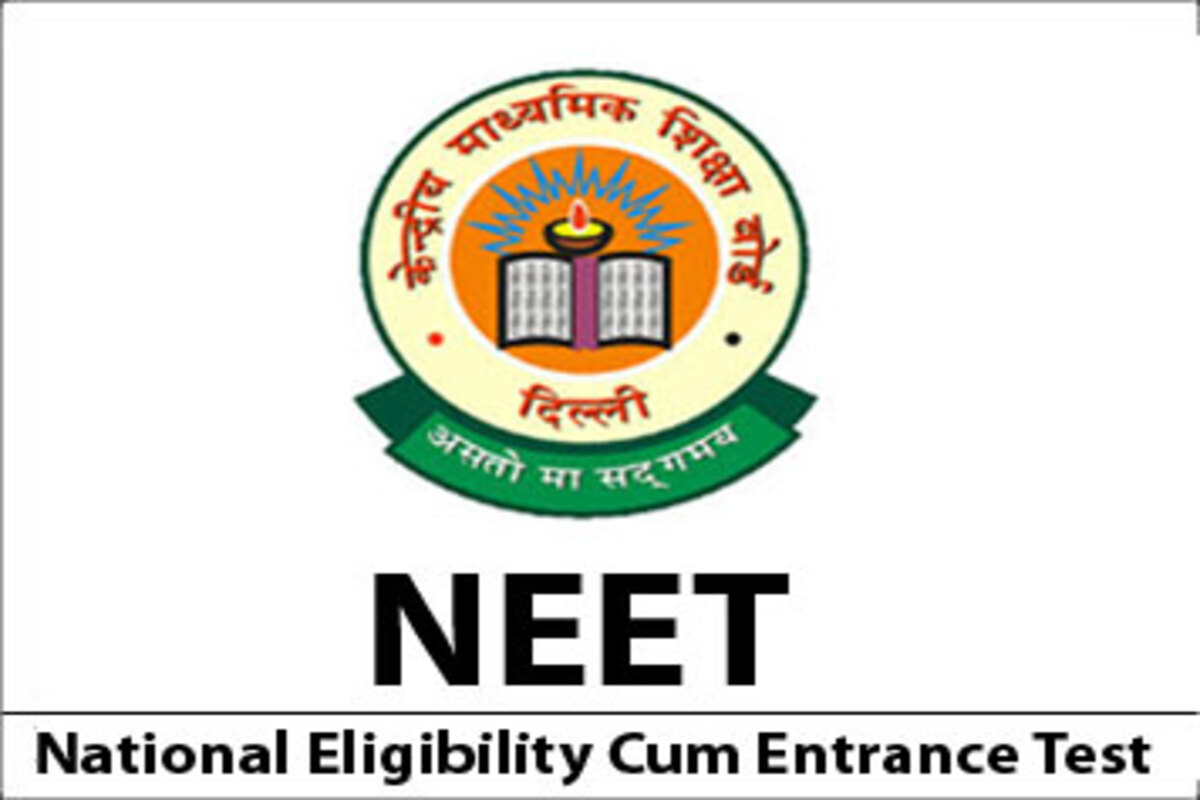As Budget session resumes,language row and delimitation dominate proceedings
The first part of the Budget session drew to a close on February 13.
A similar Bill was passed by the previous AIADMK government in 2017, but failed to obtain the President’s assent.

The Tamil Nadu Assembly last week passed a Bill with near unanimity seeking exemption for the State from the National Eligibility-cum-Entrance Test (NEET). Removal of NEET from Tamil Nadu was one of the election promises of the ruling DMK. Admissions to medical education courses come under Entry 25 of List III, Schedule VII of the Constitution which makes the State government competent to regulate the same.
A similar Bill was passed by the previous AIADMK government in 2017, but failed to obtain the President’s assent. The present government, before introducing the Bill, appointed a committee of experts under Justice AK Rajan, a retired judge of the Madras High Court to examine the desirability of having NEET as a prerequisite for admission to MBBS.
Advertisement
Ascertaining the views of all stakeholders, the committee found the majority were not in favour of NEET. The committee was of the opinion that the examination has not provided any special mechanism for testing the knowledge and aptitude of students. It suggested the higher secondary examination of the state board was an ample basis for selection of medical students.
Advertisement
NEET worked against underprivileged government school students and profited coaching centres which had mushroomed in Tamil Nadu. No other State has sought exemption from NEET. There is nothing wrong in exempting Tamil Nadu from NEET. In 2006 Tamil Nadu dispensed with the common entrance examination for professional courses. The State enacted the Tamil Nadu Admission in Professional Educational Institution Act, 2006, and obtained the President’s assent. Similarly, Tamil Nadu is exempt from the Supreme Court imposed 50 per cent ceiling on reservation. Tamil Nadu legally has 69 per cent reservation.
Education was moved to the Concurrent List by the 42nd Amendment to the Constitution in 1976 when the nation was under internal emergency. The statement of objects and reasons says, “It was considered necessary to spell out expressly the high ideals of socialism, secularism and the integrity of the nation to make the directive principles more comprehensive and given them precedence over those fundamental rights which had been relied upon to frustrate socio-economic reforms for implementing the directive principles.” The section most affected by NEET is the one for whose benefit the 42nd Amendment was enacted. The Rajan Committee found that government school students were edged out of entering medical colleges due to competitive examination as they cannot afford special coaching classes.
Tamil Nadu is perhaps the only State in the country having government medical colleges in almost every district. A government order in 2017 providing for 85 per cent of the seats reserved for students passing out of State higher secondary boards and 15 per cent for students from other boards was struck down by the Madras High Court. An appeal by the State government to the Division Bench was also rejected.
Advertisement